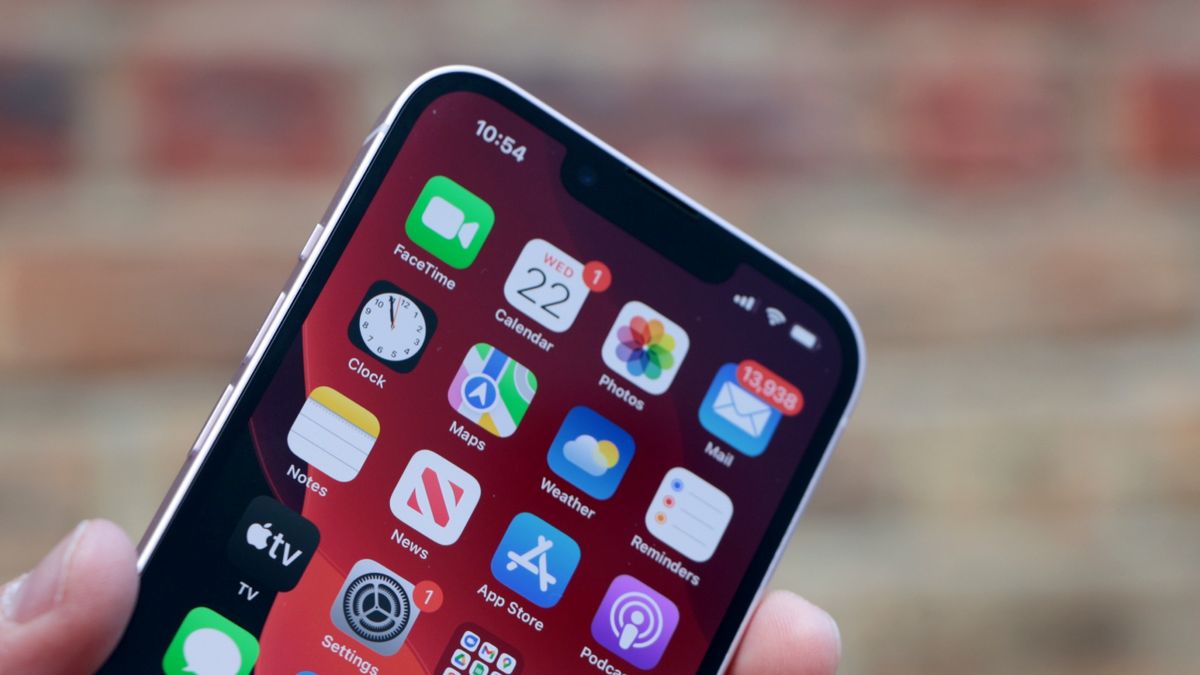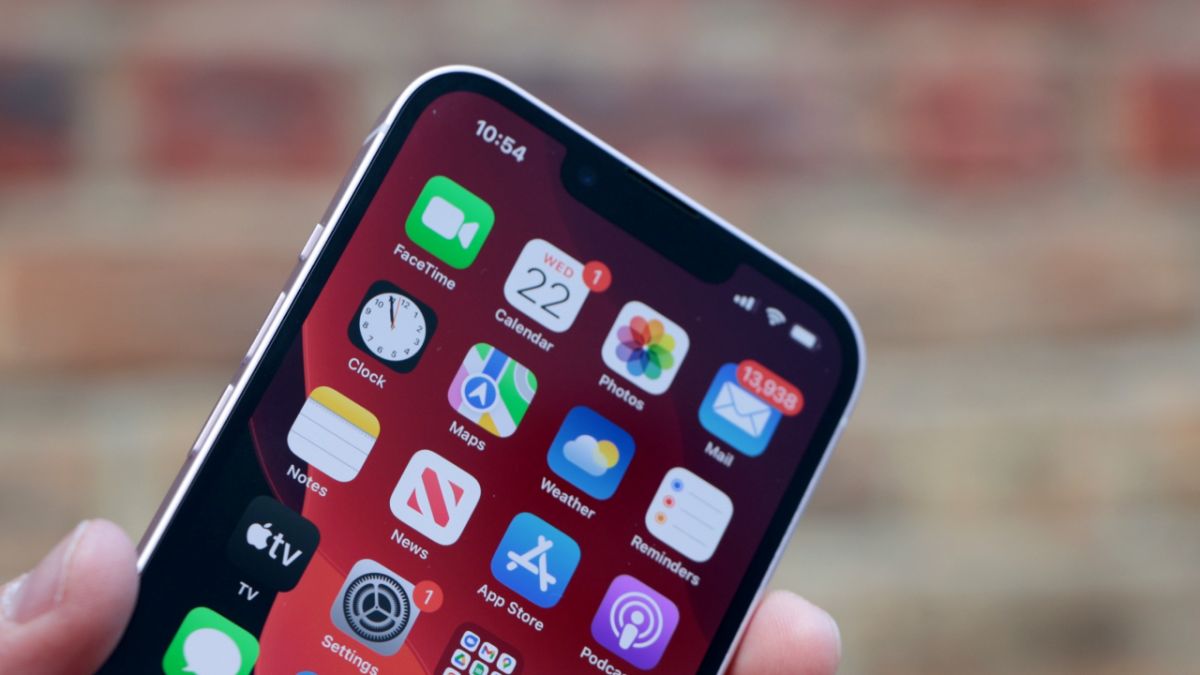
Apple is set to start deleting apps from the iOS App Store if they haven’t received updates in the last three years, the company has confirmed.
The consumer technology giant said that developers of smartphone apps that have not been updated within this period will receive an email telling them that their app has been identified for removal from the App Store.
Apps that have not been downloaded at all, or only extremely few times, during a rolling twelve month period will also be put up for deletion.
The new rules may be strict, but developers who have forgotten about their creations will be given time to appeal the decision to remove their apps, Apple explained in a statement. They will also be given up to 90 days to update their apps, from the moment the deletion notice is delivered.
App Store policy change
The move comes after Apple has taken steps to remove applications that have not been optimized for newer versions of iOS from the App Store. However, this marks the first time Apple has removed apps that are fully functional.
The move to change App Store policy has provoked the ire of many developers within the community. Toronto-based game developer Em Lazer-Walker publicly criticized the move, saying on Twitter that: “Games can exist as completed objects!”
“These free projects aren’t suitable for updates or a live service model, they’re finished artworks from years ago,” she added.
However, Apple has claimed multiple benefits for users and developers alike, including the ability to find apps that fit their needs more easily when outdated apps are no longer on the App Store.
In addition, Apple claimed the move will also boost security and privacy, as its hardware and software are constantly changing and it frequently updates the tools it provides developers.
“This helps us ensure apps work for the vast majority of users and support our latest innovations in security and privacy,” said an Apple spokesperson. “Over the course of the past six years, we have removed almost 2.8 million apps as part of this process.”
User experience was touted as another benefit of the shake up, and Apple said the change will help keep apps up to date and in accordance with modern screen sizes, SDKs, APIs, and other features offered on iOS, iPadOS, and macOS.
Apple is not the only tech giant taking steps to ensure that the apps plugged into its ecosystem are in step with the most recent iteration of its operating system. Google has recently introduced a requirement which means new apps and app updates have to target an Android API level within one year of the latest major Android OS version release.
New apps and app updates that don’t meet this requirement won’t be able to be published on Google Play.
